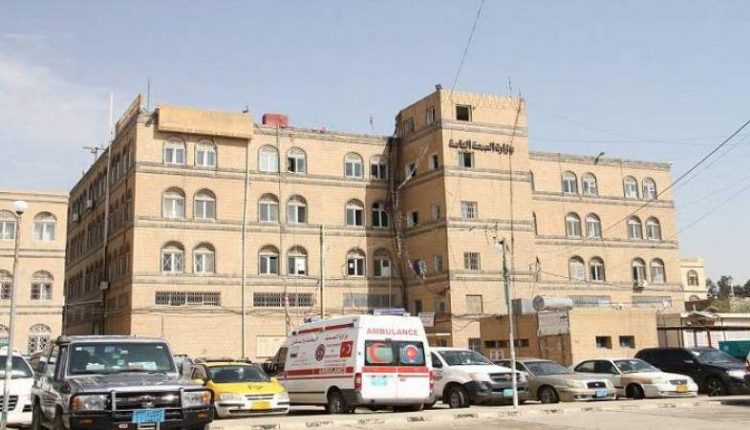Over Five Thousand Patients with Kidney Failure Threatened with Death
The Ministry of Public Health and Population confirmed that over than 5,000 patients with kidney failure are at risk of death if dialysis sessions are stopped as a result of their medicines running out.
The Ministry stated in a statement that there is currently not enough stock of dialysis medicines, materials and supplies, and that the 2023 stock is empty of medicines.
It expressed its hope that international and humanitarian organizations would do their duty towards kidney failure patients and provide them with medicines.
The Ministry of Health called on the UN to do its duty to stop the US-Saudi aggression, lift the blockade, and allow the entry of medicines and medical supplies to save the lives of patients.
The Ministry indicated that dialysis patients need 500,000 sessions annually, in addition to the medications accompanying each dialysis session per patient.
It also pointed out that the lack of incentives and the suspension of salaries had a negative impact on increasing the suffering of failure patients and dialysis centers.
Recently, The ministry indicated that the aggression destroyed 162 health facilities completely and 375 partially and put them out of work.
It revealed that 66 medical personnel were killed by US-Saudi direct bombing, and 70 ambulances were destroyed, while the aggression continues to prevent the payment of the salaries of health sector cadres and employees.
Regarding the repercussions of the siege on the health situation in Yemen, the ministry confirmed that the blockade has raised acute malnutrition rates to more than 632 thousand children under the age of five and 1.5 million pregnant and lactating women.
The Ministry indicated that 40,320 pregnant women and 103,680 children died during the 8 years of the continuous siege on Yemen.
The siege and intense bombardment with prohibited weapons caused a high rate of congenital abnormalities and miscarriages, with an average of 350,000 miscarriages and 12,000 malformations.
The Ministry of Health indicated that as a result of the siege, premature births increased to 8% compared to the situation before the aggression, at a rate of 22,599 cases annually. The blockade has also caused an increase in the number of cancer patients by 50%, and the number of cases reached 46,204 cases registered during the year 2021.
The ministry indicated that the aggression prevented the entry of vital medical equipment, while international companies have refrained from supplying medicines to Yemen as a result of the blockade, pointing out that aid shipments expired as a result of their stay in Djibouti as a forced station for the passage of aid to Yemen.
The Ministry of Health stressed that lifting the siege and stopping the aggression completely is the first and correct step to address the humanitarian crisis in Yemen.
Saudi Arabia, backed by the US and its other regional allies, launched a devastating war on Yemen in March 2015. The seven years and half of war has killed hundreds of thousands of people and destroyed much of the country’s infrastructure. Yemeni people are facing malnutrition, hunger, and famine, which have increased risks of disease and starvation.
In light of its defeats on various frontlines and its failure to achieve any of its objectives, the US-Saudi aggression is notorious for its indiscrimination shown by its numerous attacks against densely-populated centers, including markets, hospitals, farms and schools.

